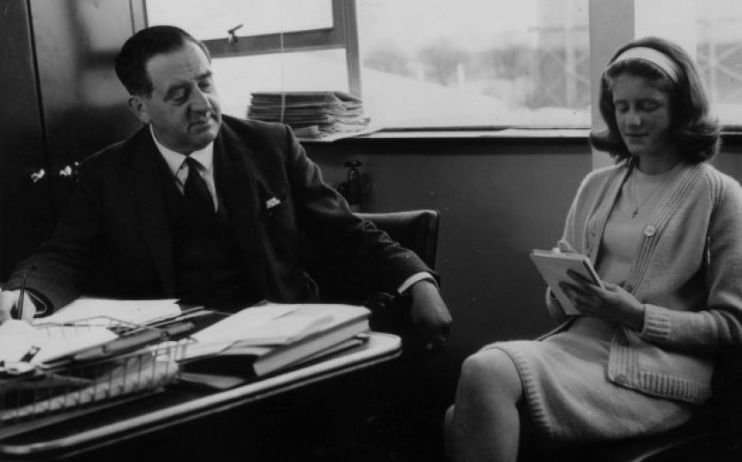MPs are refusing unconscious bias training. Perhaps there’s a real reason why

When 40 Conservative MPs recently refused unconscious bias training — one anonymous dissenter even called it “Marxist, snake oil crap”, others “patronising” — it was clear that, as a population, we still don’t really know how to tackle unconscious bias. And that’s for two main reasons.
The first is ignorance. Not as a pejorative, but a lack of understanding when it comes to others’ worldviews and experiences. Claiming that unconscious bias isn’t an issue is to deny the racism, sexism, homophobia, ableism and all manners of oppression these MPs’ constituents may face on a daily basis — it’s to deny the necessity of inclusion and diversity.
Read more: Three behavioural biases to watch out for during a crisis
Don’t get me wrong: unconscious bias is part of the human experience, and it’s something we’re all guilty of — our worldview is implicitly informed by our lived interactions with others. It creates prejudices that we’re unaware of, triggered by our brains making snap decisions.
As such, it’s not an issue specifically tied to lawmaking and politics — it’s endemic in society and the workplace on all levels. According to Deloitte, 61 per cent of people “cover” their identity at work, including 45 per cent of straight, white males. That’s compounded by the fact that 41 per cent of BAME employees feel their workplaces don’t offer inclusive cultures, and as a result, half (49 per cent) of them are afraid to ask for emotional support at work when they need it. The result? A significant part of the workforce feels isolated and unable to express themselves for fear of judgement.
Having said that, unconscious bias training isn’t the answer. It doesn’t work in isolation. Even if these 40-or-so MPs took unconscious bias training, it wouldn’t deliver the long-term results it sets out to achieve because, in isolation, two hours of being told what you’re doing wrong isn’t going to stick.
In order to create real change, everyone in any organisation, be it political party, parliament as a whole, or business — needs to acknowledge their biases, examine them, and map out how to tackle them.
Read more: Twitter apologises over racial bias in image algorithm
That doesn’t happen in one afternoon. It is part of a comprehensive, ongoing strategy, feeding through an entire organisation, so an acute awareness of unconscious bias makes an impact. The more you understand about unconscious bias, the more likely you are to identify where it sits in your processes. From there, you have something to work with. You can fix those processes — for instance, hiring biases can be minimised with minimum diversity shortlist targets and the implementation of diverse, representative interview panels.
During National Inclusion Week this week, take the Harvard unconscious bias test. Ask your friends to take it. Ask your colleagues. You can’t change the world in a week, a month, or a year. But you can make a start by accepting that the results you receive present a problem, identifying what you and others can do to fix it, and start making that change for good.
Main image credit: Getty